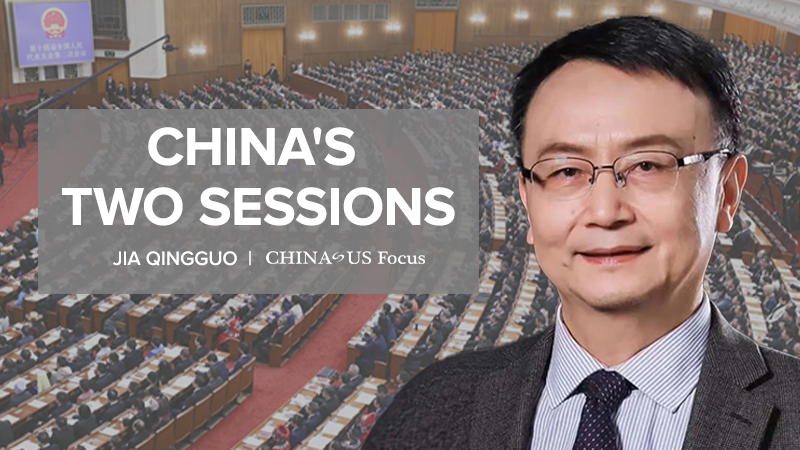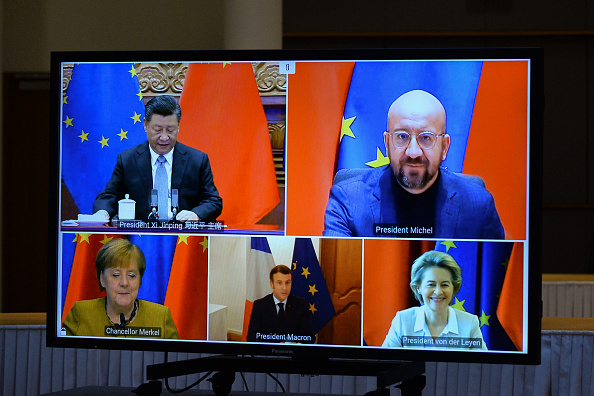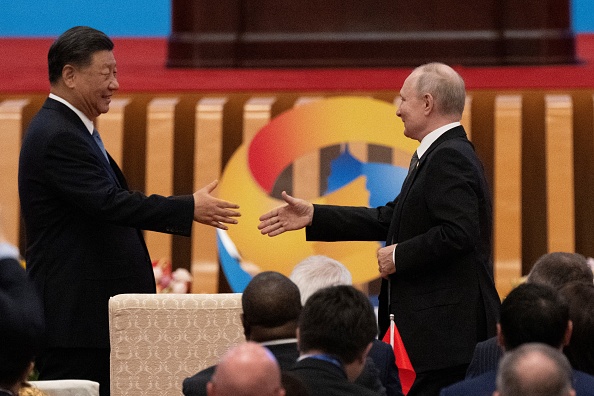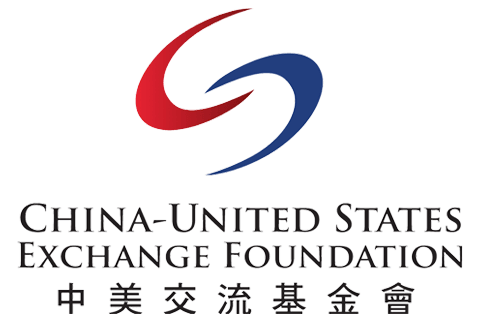
Dear Focus Reader,
Both China and the United States have recently emphasized the significance of people-to-people exchanges as a means of fortifying the bilateral relationship, most notably at the landmark meeting between Presidents Joe Biden and Xi Jingping in San Francisco in November. Since then, several steps have been taken to move that commitment forward.
At this month's annual Two Sessions in China, new proposals from CPPCC Standing Committee Member Jia Qingguo were put forward to drive people-to-people contacts and increase academic exchanges.
There has also been a notable development in science and technology collaboration, as a quiet extension of the "U.S.-China Science and Technology Agreement" has recently come to light. The agreement had expired in February, sparking uncertainty within the academic circles of both countries. The extension ensures its continuity for another six months while negotiations persist between Beijing and Washington. First signed in 1979 after the formalization of diplomatic ties, the agreement had been routinely renewed for five-year terms. But in August of last year, amid increasing tensions, a mere six-month extension agreement was reached.
Analysts have noted that the discreet extension highlights the intricate nature of the bilateral relationship as both sides navigate engagement while vying for global technological and military supremacy.
"Fifty years of success demonstrates the need for continued collaboration," says Karen Mancl, China-US Focus contributor and retired Ohio State University professor, but the future of scientific cooperation between the two countries remains to be seen.
Additionally, business remains another significant space for exchange, and this weekend, Beijing will host its China Development Forum, where top Western business leaders have the opportunity to engage with Chinese leaders. This forum occurs against the backdrop of strained business ties between the two nations, particularly evident in the recent U.S. congressional push for the forced sale of Chinese-owned TikTok and Western capital leaving China. Nevertheless, Beijing is likely to use the forum to help attract and maintain foreign investment in the country.
Learn more about China-US relations by catching up on our latest Focus content, including topics on China's Two Sessions, the future of China-EU relations, and the Russia-Ukraine War.
"The ownership issue [of TikTok] is a red herring. It's a way for America's deceptive politicians, self-styled defenders of free speech and ardent foes of censorship, to have their cake and eat it too. It allows the billionaire class to take one for the team in the guise of domestic ownership, while failing to address the security issues common to all big platforms."
The bilateral trade volume in euros between Germany and China; however, the U.S. is catching up, with a record of 252.3 billion euros in trade with Germany in 2023.
Learn more in "Zeitenwende" and Germany's New China Policy, by An Gang, an Adjunct Fellow at the Center for International Security and Strategy, Tsinghua University.
Brie Loskota | Women@WEF
Watch VideoIn our Focus Insights section, we shared an interview with Peking University Professor Jia Qingguo where he discusses China's "Two Sessions", emphasizing their impact on global perspectives and policies, as well as the value of communication and cooperation, and the need for trust-building through international exchanges.
We want to hear from you:
What are your thoughts on Professor Jia Qingguo's proposal to drive people-to-people contacts and attract more international students to China? Do you think these initiatives are important amidst economic and job-related pressures?
Submit your thoughts to USeditor@chinausfocus.com for a chance to be featured in next week's Focus This Week.
useditor@chinausfocus.com for more info.
Prepared by China-US Focus editorial teams in Hong Kong and New York, this weekly newsletter offers you snap shots of latest trends and developments emerging from China and the U.S. every week. It is a community space to exchange thoughts and ideas about the China-U.S. relationship and beyond.
- 2024-03-15 Focus This Week: TikTok's Time Ticks
- 2024-03-08 Focus This Week: Setting Targets
- 2024-03-01 Focus This Week: Policy Preparations
- 2024-02-23 Focus This Week: Seeking Momentum
- 2024-02-16 Focus This Week: Global Security
- 2024-02-09 Focus This Week: Economic Hits
- 2024-02-02 Focus This Week: Working Groups
- 2024-01-26 Focus This Week: Laying the Groundwork
- 2024-01-19 Focus This Week: A Charm Offensive
- 2024-01-12 Focus This Week: Global Impacts
- 2024-01-05 Focus This Week: New Prospects
- 2023-12-21 Focus This Week: Ending on a High Note
- 2023-12-15 Focus This Week: Economic Review
- 2023-12-08 Focus This Week: Climate Talks
- 2023-12-01 Focus This Week: Looking Forward
- 2023-11-22 Focus This Week: A Temporary Ceasefire
- 2023-11-17 Focus This Week: An Anticipated Meeting
- 2023-11-11 Focus This Week: Change and Progress
- 2023-11-03 Focus This Week: Anticipating APEC
- 2023-10-27 Focus This Week: Diplomatic Strides




